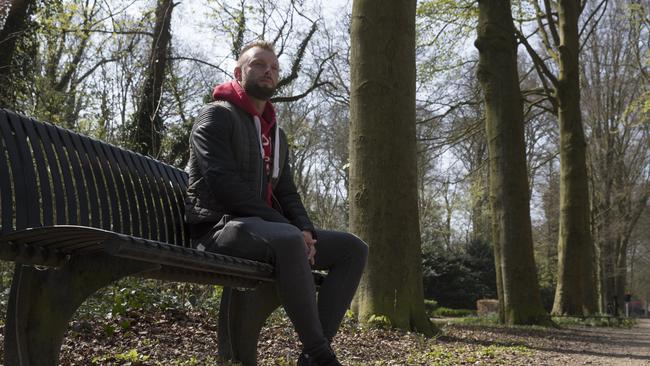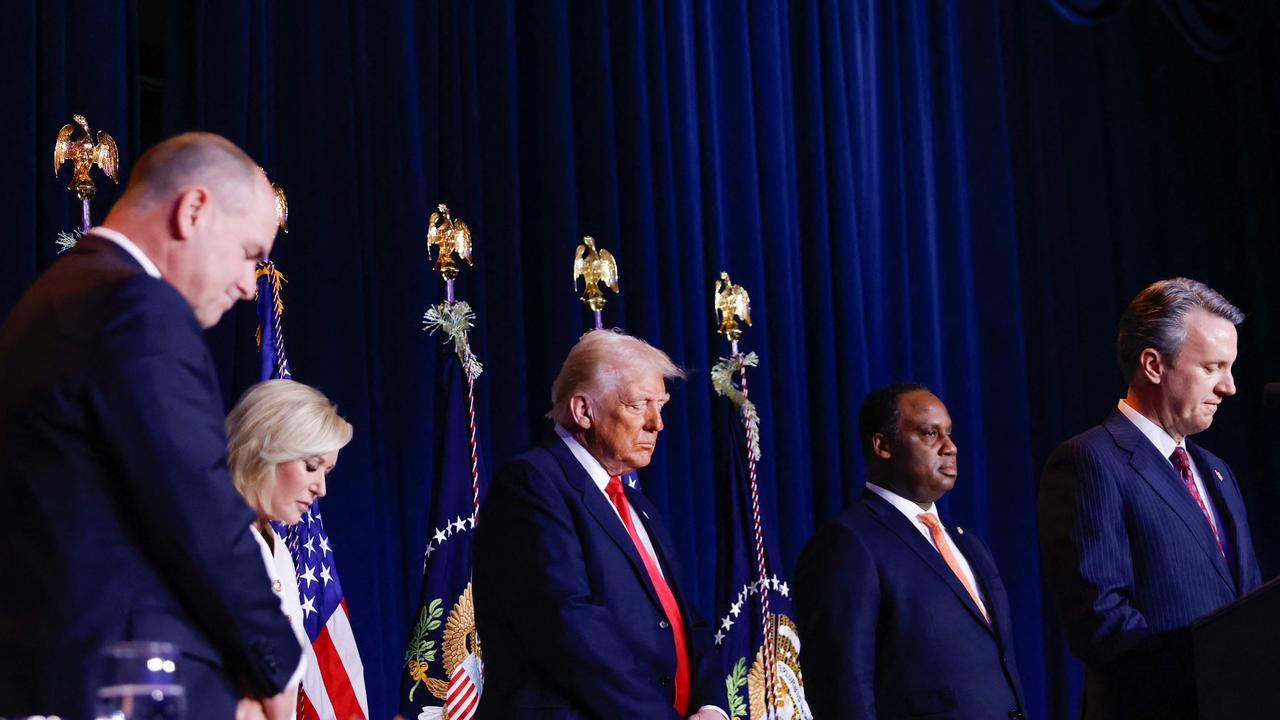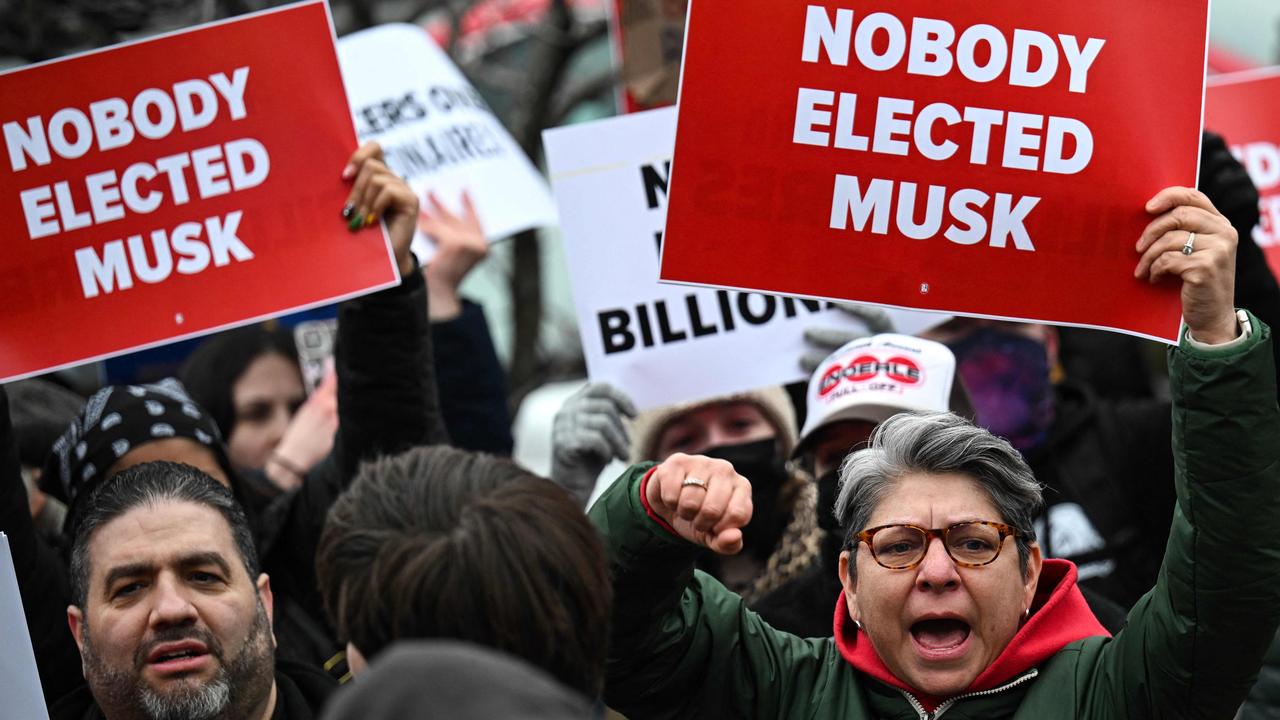Fertility doctor duped women to father 49 children
Fertility doctor duped women by using his own sperm — and there may be hundreds more.

Seated side by side in Inge Herlaar’s apartment overlooking a Rotterdam shipyard, she and Martijn van Halen look strikingly similar. They also share near-identical mannerisms, facial expressions and sunny demeanours.
Thanks to a bag of nose-hair trimmings, a toothbrush and a walking stick that lay in a locked safe in a Rotterdam notary’s office for nearly two years, they now know they had the same father.
The bag of genetic material has finally yielded answers to a mystery that has transfixed Holland: just how many “Karbastards” are there?
The answer is 49 - at least. Their father was Jan Karbaat, one of the most successful fertility doctors in the country, who secretly impregnated clients with his own semen.
Karbaat treated an estimated 6,000 women, helping produce 10,000 children between 1980 and 2009. So the 49 could be just a fraction of his personal progeny.
There had been suspicions for years. Weeks after Karbaat’s death in April 2017 at the age of 89, a Dutch court dismissed his widow’s objections and ruled that genetic material seized from his home and placed in a notary’s safe could be compared with the DNA of 49 children who had formed a pressure group. This month, a laboratory in Nijmegen confirmed that all were his children.
The findings bring to an end years of agony for those demanding the right to know the identity of their biological father. It opens the door to a lawsuit planned by some of Karbaat’s progeny that will target his estate.
It has also raised questions about anonymous sperm donation practices, which are still permitted in some countries. And it dangles the prospect that the Karbastards - as some call themselves on WhatsApp - could have hundreds more half-siblings.
“There might be 250; there might be hundreds more - we’ll never know. But I feel this need to track down all of them, like I have to find them,” Van Halen, 39, told The Sunday Times last week.
Herlaar, 38, learnt in her twenties that she had been conceived by artificial insemination and fantasised that her biological father might be the musician Jon Bon Jovi or a handsome scientist she once saw on television. She never considered it could be the doctor who ran the medical centre in her childhood hometown of Barendrecht, near Rotterdam.
Both she and Van Halen recall seeing him at his clinic as children, when their mothers returned for more insemination treatments.
“All these identical blonde children with big teeth running around,” Van Halen’s mother once remarked to her husband in the clinic’s waiting room. “Don’t you think it’s a bit strange?”
Apparently not - not even after baby Martijn turned out to have blond hair and blue eyes, despite Karbaat’s promise of a sperm selection to match her husband’s dark hair and brown eyes.
Van Halen only began to have doubts about his origins when a young man nearly identical to himself appeared on TV, discussing the quest to find the Karbaat children.
“We knew there was a genetic link but it was possible we might have been the children of his brother or his nephew. Now we know for sure,” Van Halen said.
Both he and Herlaar say they inherited Karbaat’s easy charm, and fret that they may be manipulating people around them in the same way the charismatic doctor did.
“I just keep wondering what I inherited from him and how has it affected my life,” said Herlaar.
She and Van Halen are relieved to have clarity. Both are in relationships but wonder whether they might have ended up unwittingly dating a half-sibling.
Karbaat advised his patients never to disclose to their children that they were the offspring of sperm donors, meaning thousands of people may never discover their true parentage.
He was entrepreneurial and ambitious, former colleagues recalled. “All the top gynaecologists recommended him: ‘If you want a baby fast, go to Karbaat,’ ” said Kamil Baluk, who interviewed him before his death and has written a book on the subject.
It is believed Karbaat’s clinic made him millions, but by the mid-2000s he complained that tighter rules on sperm donors’ expenses and recording their identities had made his job harder.
By then it was clear he was keeping sloppy records and ignoring storage protocols. Already, some suspected he was swapping his own sperm for other samples. The clinic was closed in 2009 on a government order.
Some see Karbaat’s secret and widespread use of his own semen as an exercise in deceptive procreation, a benevolent effort to give mothers what they wanted. Others dismiss it as a reckless biological ego trip.
“He was a narcissist and a megalomaniac, but he didn’t think he was God. He just wanted to be the best, most innovative doctor in his field,” said Baluk.
He was not the only multiple donor. Dozens of mothers gave birth to babies who have been traced to a half-Surinamese donor. Among them is Van Halen’s younger brother.
Karbaat “was unethical but those were different times and many of his patients are just happy they have healthy kids”, said Baluk. “He was a child of that era - the 1970s and 1980s. A lot of people back then just wanted to have children without thinking of all consequences.”


